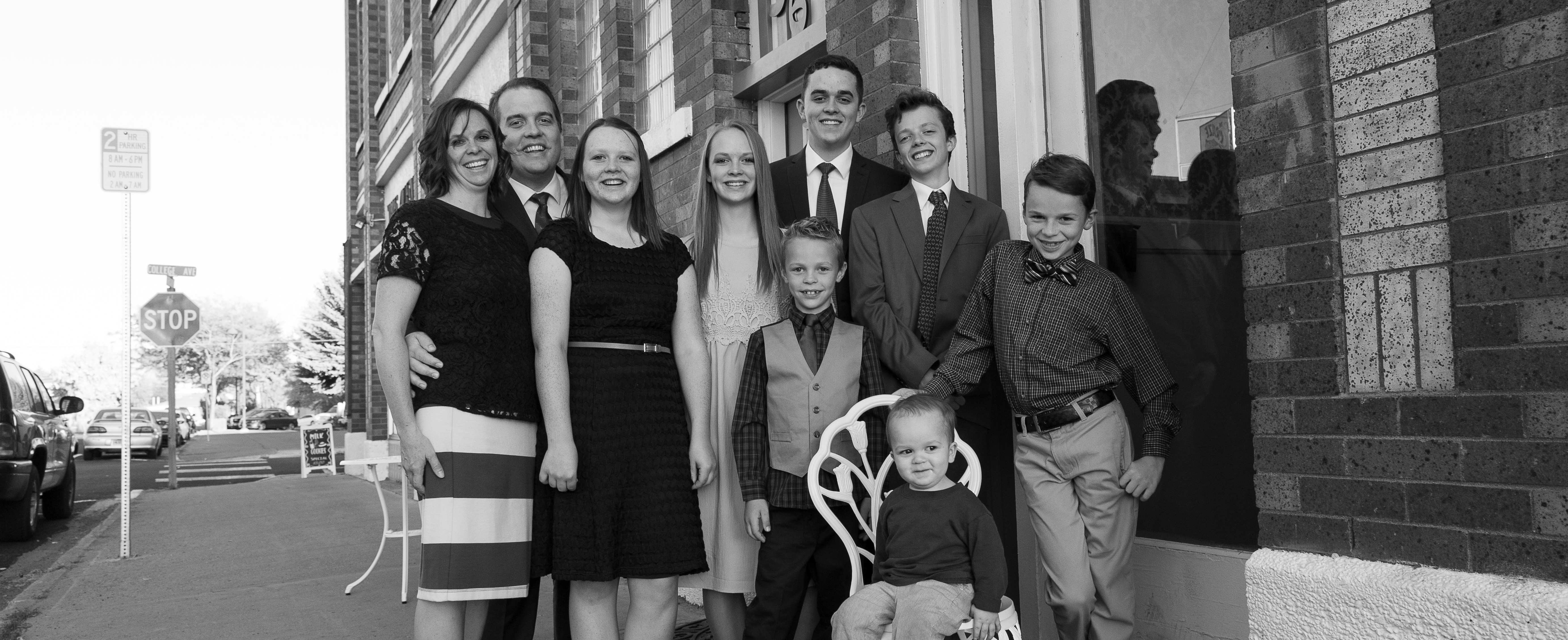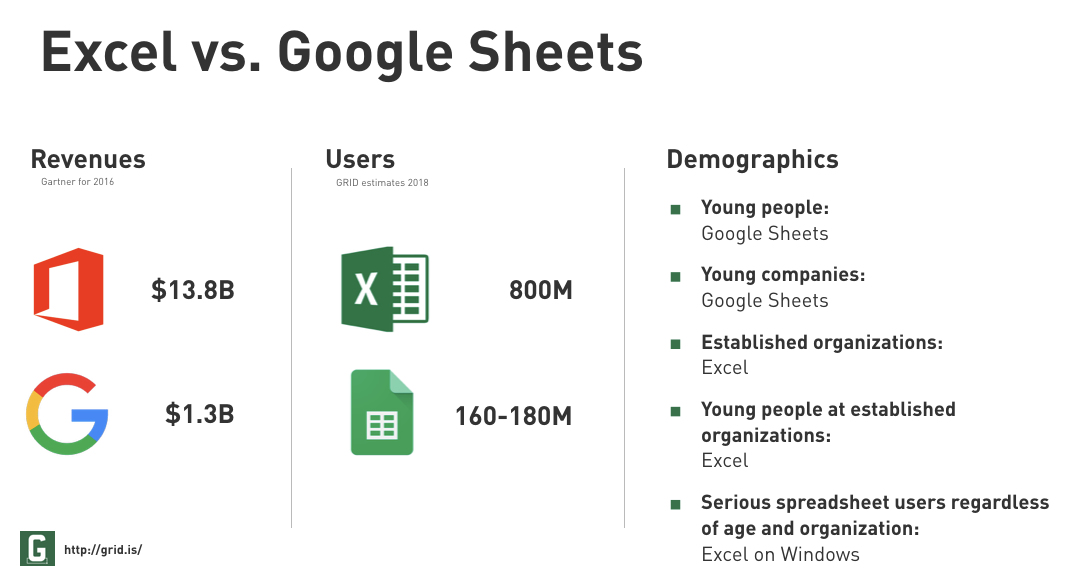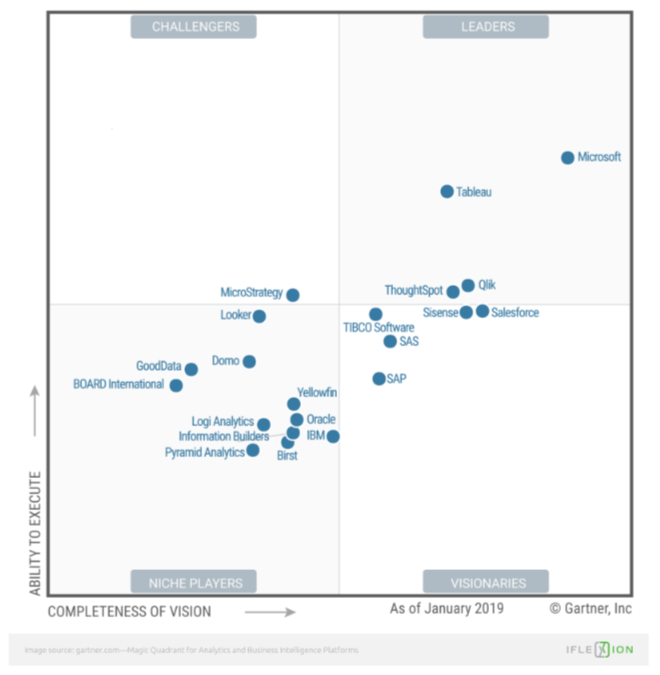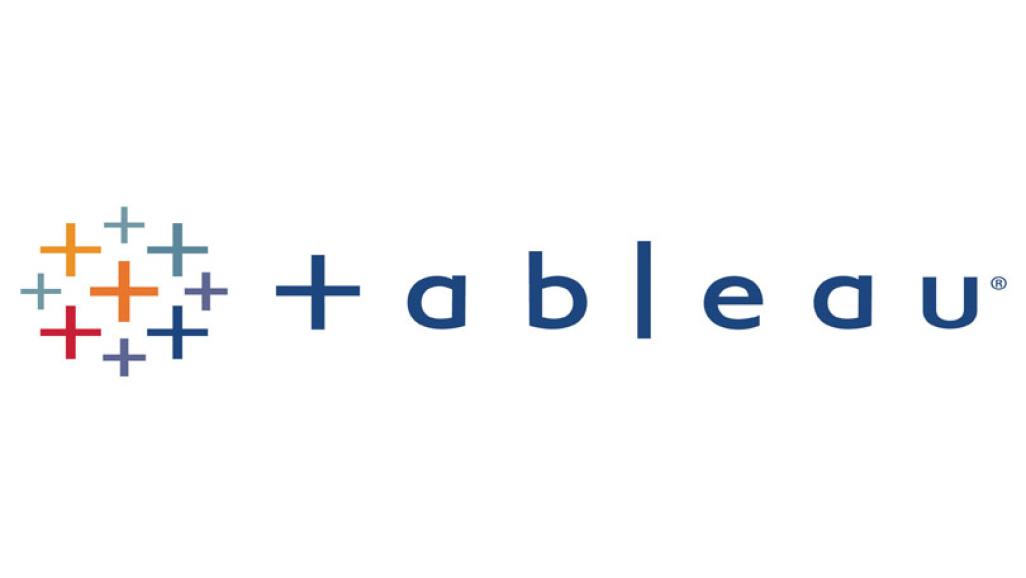Welcome to CSE 150: Data Intuition and Insight
Introduction to Brother Hathaway
My family

My Education and Employment History
- 2003: Undergraduate in Economics (er Socialist History) from the U.
- 2003-2005: Masters degree in Statistics from BYU.
- 2005-2015: Pacific Northwest National Laboratory
- 2015-2020: BYU-I
- 2015-2020: Data Driven Consulting (Child Health, Environmental Sampling, Business Consulting)
My interests
My learning manifesto
https://datathink.io/my-learning-manifesto-aka-teaching-philosophy/
Introduction to CSE 150
Outcomes
- Leave this class with marketable skills.
- Discover the joy of data literacy.
- Learn about the field of data science and data visualization.
Work in progress
- This is only our second semester of the course.
- We expect to have some hiccups along the way.
- Don’t panic! We are all learning together.
Syllabus & Materials
Learning & Grading
Why do we attend college?
On Education
Anthropologists have reported that the hunter-gatherer groups they studied did not distinguish between work and play–essentially all of life was understood as play.
With the rise of schooling, people began to think of learning as children’s work. The same power-assertive methods that had been used to make children work in fields and factories were quite naturally transferred to the classroom.
If children learn nothing else in school, they learn the difference between work and play, and that learning is work, not play.
Jeffry R. Holland on learning
So let’s talk about learning. As a teacher at heart, I love the word and the idea, though I do think we should define it a little better than we usually do. … I don’t just mean the accumulation of knowledge, though that is part of it. I also don’t just mean passively listening to a lecture or memorizing facts. I mean learning in the sense of growth and change, of insight leading to improvement, of knowing the truth, which in turn leads us closer to the God of all truth.
- What is the difference between ‘accumulation of knowledge’ and ‘knowing the truth’?
Technology in CSE 150
Google Sheets (G Suite)
I believe that spreadsheets are useful for looking at little data sets, building tables, and collaboration. Not for data analysis. Microsoft has accepted some of this point in their development of PowerBI in response to Tableau.
Google Sheets vs. Excel

Tableau

Tableau questions?

Slack/Teams vs. Email vs. Canvas
- Canvas is not used outside of Academia (done).
- Email silos conversations, documents, and data. Plus, it hasn’t changed much in over 25 years.
Questions?
EdConnect
Virtually no market share, but it seems like a good idea to try during COVID19 and for remote learning in general.
EdConnect Questions
